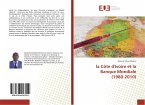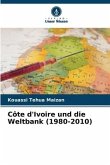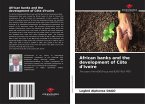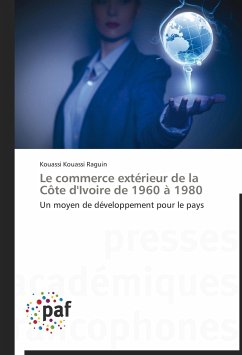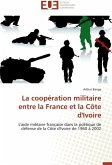After independence, African countries set themselves a dual objective: to build modern national states and to emerge from underdevelopment. Some of them experienced relative growth. This was the case in Côte d'Ivoire. A prosperous country just after independence, it faced difficulties as a result of the international financial crisis and the oil crises of 1973 and 1979-1980. These difficulties led to an economic imbalance caused by a deterioration in the terms of trade. Unable to alleviate the country's economic problems, the Ivorian authorities turned to the Bretton Woods institutions, which, through the World Bank, proposed solutions to curb the crisis. The purpose of this study is to show the economic policy undertaken by the World Bank to help Côte d'Ivoire emerge from the economic crisis that has rocked the country from 1980 to 2010.
Bitte wählen Sie Ihr Anliegen aus.
Rechnungen
Retourenschein anfordern
Bestellstatus
Storno


